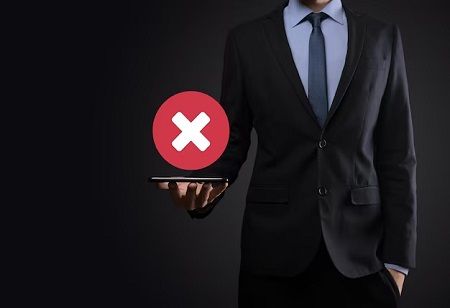
Indonesia has maintained its ban on the sale of Apple's iPhone 16, citing the company's failure to meet the country's domestic market requirements, despite Apple's pledge to invest US$1 billion. The standoff highlights a growing push by Indonesia to ensure compliance with its local investment regulations, aimed at boosting domestic manufacturing and attracting tech giants.
The sales ban, initially enforced in October, stems from Apple's inability to meet the regulation requiring that 40% of a phone's components be sourced locally. While Apple proposed a US$1 billion investment to build an AirTag factory on Batam Island, which would supply 65% of the global demand for the tracking devices, Indonesian authorities have deemed AirTags as accessories rather than phone components.
Industry Minister Agus Gumiwang Kartasasmita emphasized that without adherence to the domestic component level (DCL) requirements, Apple cannot secure the necessary certification to sell the iPhone 16 in Indonesia. Agus also revealed that a recent negotiation with Apple representatives had failed to produce a resolution, with Apple yet to respond to a government counter-proposal.
The government has remained firm despite Apple's earlier offer to increase its investment by an additional US$100 million to lift the ban, which was rejected in November. Agus remarked that the next move rests with Apple, urging the tech giant to respond to Indonesia's terms if it wishes to proceed with iPhone 16 sales in the country.
As negotiations remain at an impasse, the situation underscores the challenges global tech companies face in navigating local regulations and balancing investment commitments with compliance.
We use cookies to ensure you get the best experience on our website. Read more...